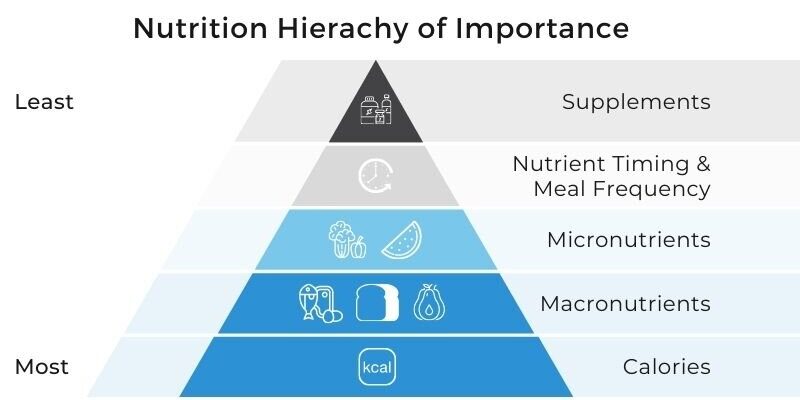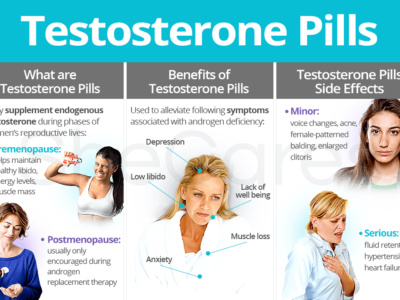In recent years, creatine has gained immense popularity in the world of fitness and bodybuilding. An increasing number of athletes and casual gym-goers alike are turning to this all-powerful supplement to help boost their performance and muscle gains. However, there is still a great deal of confusion concerning whether or not creatine contains calories.
Understanding Creatine and Its Purpose
Creatine is a naturally occurring compound that can be found in the human body, primarily in the muscles. It plays a crucial role in producing energy during high-intensity workouts and short bursts of activities like sprinting, weightlifting, or jumping. By supplying additional energy, creatine allows users to push harder and recover faster, resulting in increased strength, power, and muscle growth.
Although creatine is produced by the body and can also be obtained from certain foods such as red meat and fish, supplemental creatine (usually in the form of creatine monohydrate) has become increasingly popular due to its ability to provide a higher, more concentrated dose of the compound.
Calorie Content in Creatine Supplements
When it comes to understanding whether creatine contains calories, it’s essential first to recognize what calories are. In essence, calories serve as a unit of measurement for the energy content in food and beverages. They are derived from carbohydrates, proteins, and fats, which are considered macronutrients.
Since creatine is not a macronutrient, it does not directly contribute to calorie content in supplements. Therefore, pure creatine supplements do not contain any calories. However, depending on the product formulation, some creatine supplements may feature additional ingredients which could contribute to the calorie count.
Pre-Mixed Creatine Supplements with Calories
While pure creatine does not contain calories, some pre-mixed supplement products that include creatine may. Manufacturers often add other substances like carbohydrates, proteins, fats, and flavorings to enhance the taste or performance of their supplements. As a result, these added ingredients can increase the calorie content of such products.
It’s crucial for individuals who are closely monitoring their caloric intake to carefully read the nutritional labels on any creatine-containing supplements they consider using. This will help them avoid any unwanted surprises in terms of calorie consumption.
The Impact of Creatine on Weight Gain and Water Retention
One common misconception surrounding creatine is its association with weight gain. Although creatine itself does not contain calories, it can potentially cause an increase in body weight due to increased water retention within muscle cells.
Creatine works by increasing the amount of phosphocreatine stored in muscles, which allows for more rapid regeneration of adenosine triphosphate (ATP) during intense workouts. However, this process also requires water, leading to an influx of water into the muscle cells. Consequently, this can cause an initial weight gain of about 1-3 kilograms (2-6 pounds) within the first few days or weeks of supplementation. It’s essential to note that this increase in weight is primarily due to water retention and not an accumulation of fat.
Finding the Right Creatine Dosage
To fully benefit from creatine supplementation, users must ensure they are consuming the appropriate dosage. A general recommendation for most individuals is to consume 3-5 grams of creatine per day. However, specific needs might vary depending on factors such as body weight, fitness goals, and individual responsiveness to creatine.
Initial Loading Phase
Some users opt for an initial loading phase, which involves taking a higher dose of creatine (20 grams per day, divided into four equal servings) for approximately one week. This is followed by a maintenance phase of 3-5 grams per day. The purpose of the loading phase is to saturate the muscles with creatine quickly and maximize its immediate benefits. However, research has shown that long-term creatine levels will eventually reach saturation even without the loading phase, just at a slower rate.
Overall, it’s clear that pure creatine supplements do not contain calories and should not contribute significantly to weight gain in terms of fat accumulation. However, individuals should be aware of any additional ingredients in their chosen creatine supplement that might add calories to the mix, as well as the potential for increased water retention within muscle cells. By understanding these factors and using creatine responsibly, users can fully harness the benefits of this powerful performance-enhancing supplement.








Comments